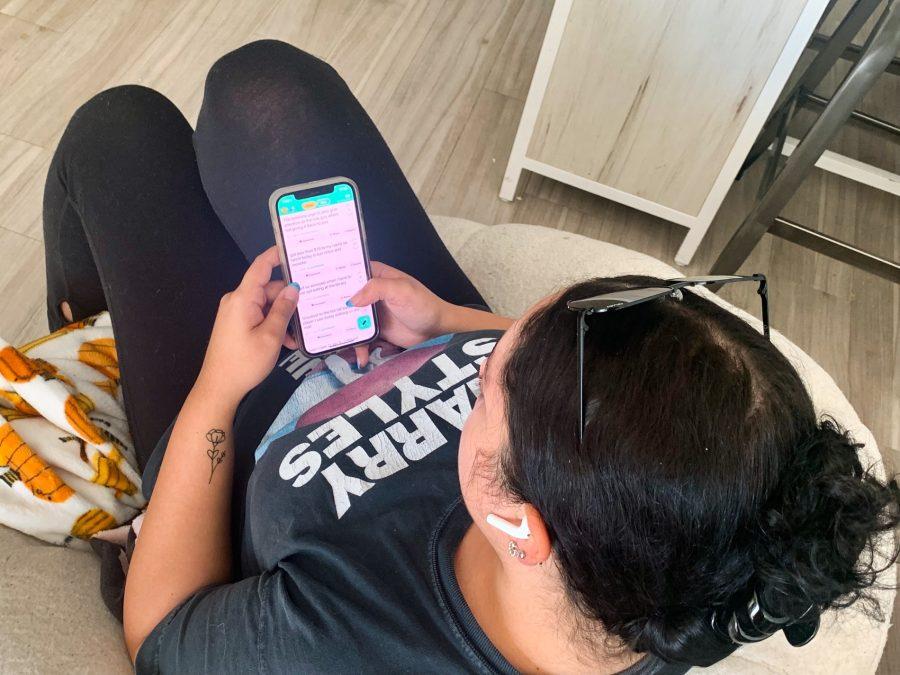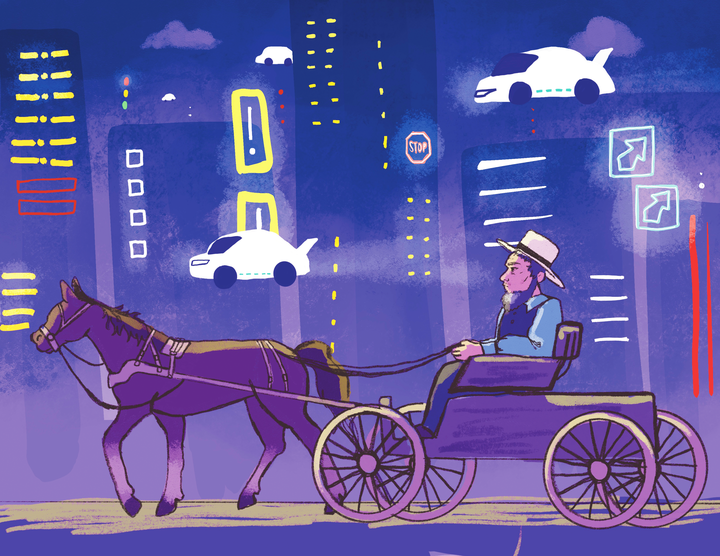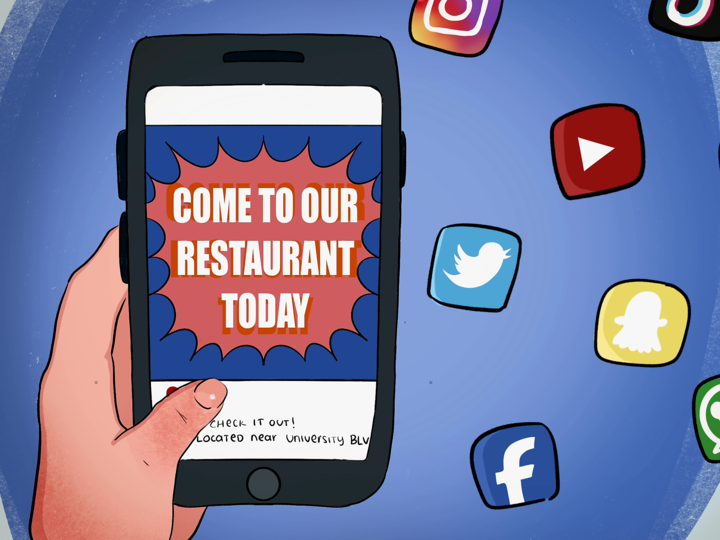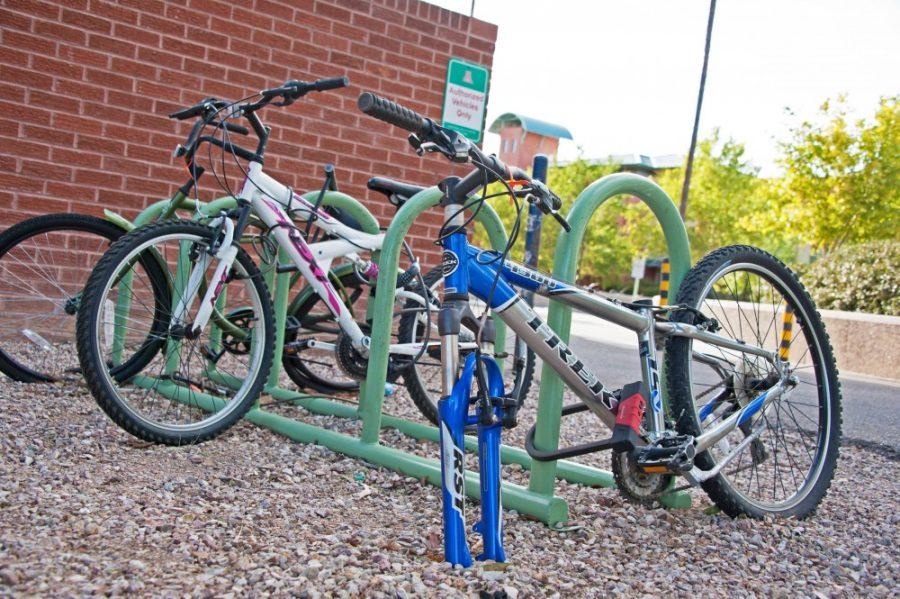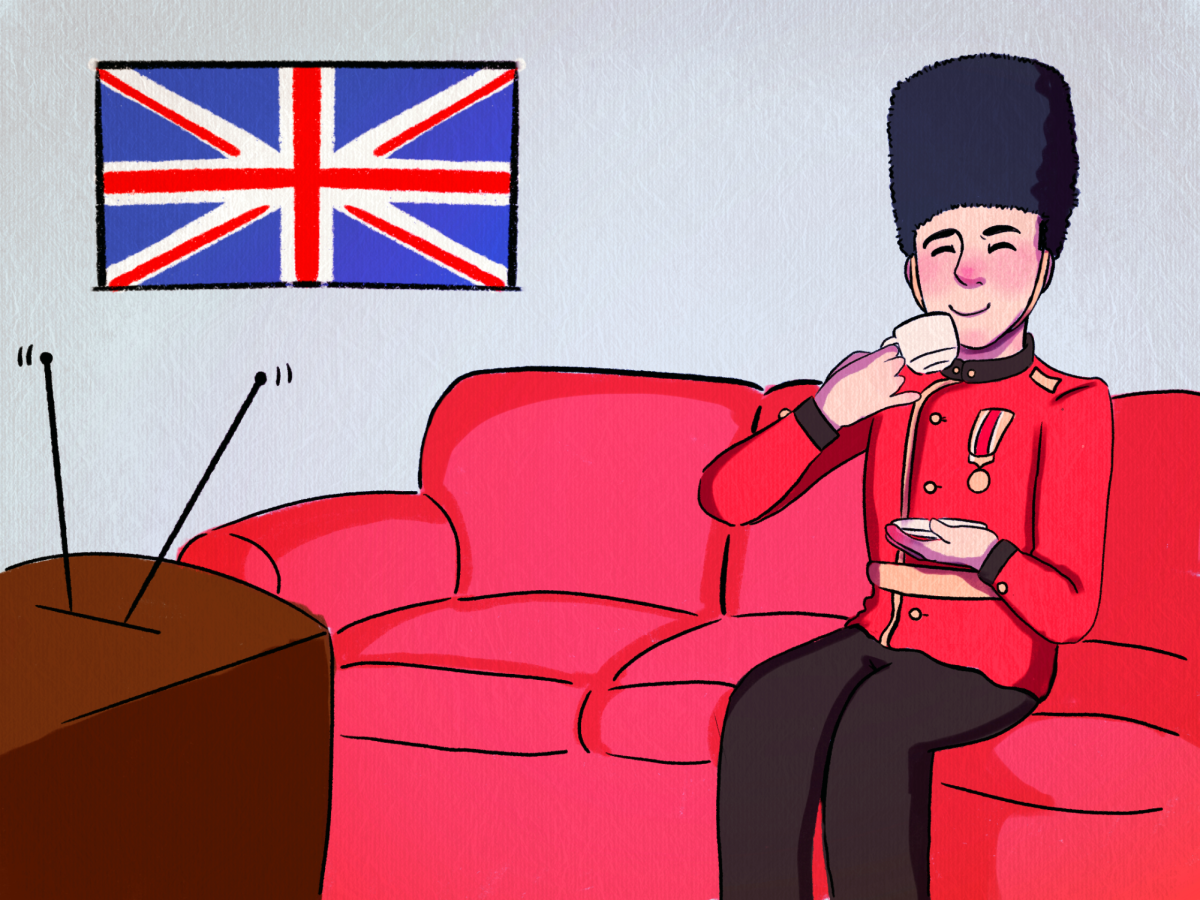Hate and negativity unfortunately go hand in hand with many social media platforms. Whether it’s Instagram, Twitter or TikTok, internet trolls find their way into comment sections regardless of the type of content. While offensive remarks can be found everywhere online, anonymous forums seem to attract a startling amount of negativity.
Anonymous social media platforms have been around since the rise of social media. Some, more dated platforms like Ask.fm possibly paved the way for newer, more current anonymous forums like Yik Yak. Complete anonymity on social media allows users to share their thoughts without fear of repercussions. While this can be a positive outlet, the anonymity can also spark an unprecedented amount of hate.
Yik Yak is an anonymous platform that shows tweet-like posts from users up to five miles from your phone. The recent revival of Yik Yak comes after founders shut down the app in 2017 primarily due to an unsustainable business model and failure to generate revenue, but also based on the amount of cyberbullying cases, according to productmint.com.
In 2014, high school student Elizabeth Long created a petition on change.org calling on Yik Yak to shut its app down after she had seen several posts about her circling her feed. Long wrote, “My name is Elizabeth. I’m 18 years old, and earlier this year I tried to commit suicide. While still recovering, I started seeing messages about me on Yik Yak, anonymously telling me that I should kill myself. And I am not the only one.”
She goes on to express how Yik Yak provides users with a shield of anonymity, diminishing any accountability for the words they post and allowing users to bully, threaten, or spread rumours about students. The petition received 83,324 supporters before it was closed. In an update made about a year later, Long states that she met with Yik Yak creators Droll and Buffington who assured her there would be new policies regarding bullying and harassment, but no changes were made according to Long.
An nytimes.com article, written by Valeriya Safronova and published in 2017, mentions only a handful of the schools took precautionary measures due to threats made on Yik Yak. Those include University of Missouri, where former student Hunter M. Park was reportedly sentenced to five years probation and a three year suspension after pleading guilty to posting violent threats against black students on Yik Yak.
While I am glad Park faced consequences for his statements, after reading this I wonder how many users have written similar, violent posts and gotten away with it. Park’s punishment is, however, hopefully a warning to users that although the app is anonymous, serious threats made on the app will not be taken lightly, and your identity is not truly untraceable.
Despite past controversies, Yik Yak is attempting a comeback, branding the revival, “The Yak is Back.” According to the app’s website, the new owners purchased the rights to the platform in February of this year, and sought out to reconstruct the app in a way where bullying and violent comments are prohibited and positivity is encouraged.
The app’s new community guidelines supposedly prohibit bullying, hate speech, threats, or sharing of anyone’s private information. The goal of Yik Yak’s comeback is supposedly to unite communities, share ideas and jokes and make friends. I find these fresh community guidelines ineffective, considering the exceeding amount of hate and “private information” that I have personally seen on the app just this semester.
While the app is said to be taking new preventative measures, hate still seems to find its way onto user’s feeds. Many posts around campus pertain to Greek Life, often comparing or making negative comments about fraternities, sororities and their members. Name dropping, when users include someone’s real name in their post, has become a noticeable form of harassment on the app. These two examples of negativity go hand in hand because oftentimes those being “name dropped” are members of Greek Life.
While users can report these posts and get them taken down, once someone’s name is out there, there’s no going back. Name dropping puts students on blast and can potentially have devastating effects on their mental health, as we can see in the story of Elizabeth Long above. Clearly, Yik Yak’s attempt at making the forum a more positive, uplifting place has failed tremendously.
While some jokes on the app are light hearted and funny, most are negative and unnecessary. There would not be nearly as much said if it weren’t anonymous. Yik Yak breeds a toxic culture in which users often bandwagon off of one post and continuously attack a certain person, organization or demographic.
While users may post something as a joke, insulting comments still have the power to affect people, who will then possibly also post something negative in retaliation. The cycle of cynicism woefully outweighs the positivity that rarely appears on the app and can lead to far worse outcomes than someone’s feelings being hurt.
Follow Adeline Palmquist on Twitter

Adeline Palmquist (she/her) is a freshman majoring in journalism. She loves to draw, write and hang out with her friends.



